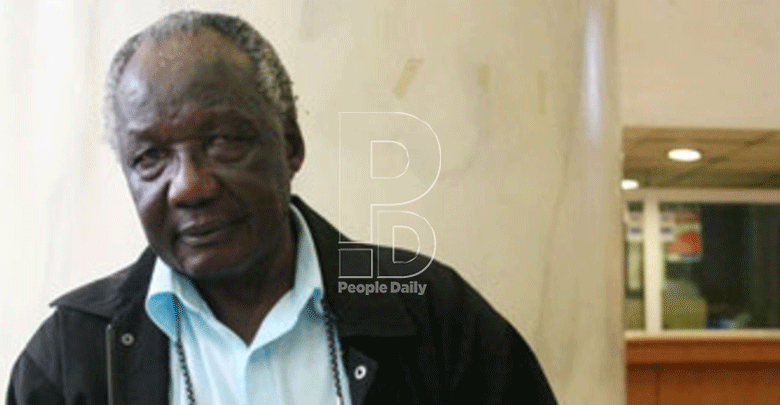Let’s up legacy on conventional rules of grammar

Philip Ochieng who passed on this week was known to be the no-nonsense defender of the use of proper language in the media and elsewhere.
In his column on language, he would pick up a published article and go through it with a toothcomb to demonstrate whether a word has been used correctly or otherwise and explain the reasons.
In so doing, Philip, who edited newspapers across the East African region and beyond, was executing one of the functions of the media: cultural storage and preservation and in this case, preservation of language.
The mainstream of society is known to be neither too conservative nor too adventurers as per the standards set out by the society itself.
There are things society may tolerate in the closet but once its members step out in the daylight then they default to the norm.
One of those elements of culture that the media preserves is language. This preservation is not simply for the sake of it.
It would be impossible, as a society, to come to a common understanding unless there is a conventional application of language. Words are symbolic representations of reality.
The word or the expression should mean the same thing to the whole of society. Consequently, the speakers of the language must agree to the rules and hold on to them.
It is part of the reason we have the dictionary as a record of the agreed upon meaning of the word.
Dictionaries are revised from time to time to capture new words that have come into use and modify the extended meaning of old words that would have acquired either additional meanings or whose application have since changed.
This past week, to be precise, on April 26, one of the major national newspapers, presumably a paper of record, headlined a story thus: “Things get Thika: Highway now a traffic nightmare.” That same media house runs a television station and has other media outlets.
In the recent, it has taken to liberal use of language to play the Russian roulette with headlines often dispensing with the rules of grammar and structure to pursue rhyme and comedy and hoping that the audience still get the meaning.
The result is that the first response to the story is shock as one comes to terms with the intended meaning of the phrase.
In things get “Thika” the first instinct is to wonder whether there is a misspelling somewhere.
It does not mean that when it comes to language, which is evolving, that the media cannot be creative and bring new words into common use. This however must follow the rules of grammar and structure.
Many are the readers, some of them young, whose attraction to the media is to learn the proper use of language.
Some of us were told, as students, to read newspapers, listen to radio, particularly BBC and watch TV to improve our language skills.
But that advise can no longer hold when these media houses, particularly the local ones, have little respect for the conventional rules of grammar. In this the media is not only preserving culture but educating its publics.
Can language be used in a manner that is comical, entertaining, informing but still faithful to the rules of grammar? It can be positively done.
But there is another effect, even if not intended, but achieved by playing comedy in the headlines: reduces the seriousness of the hard news to a mere joke.
In this milieu, when social media has provided a platform for many a comedian to feature their content, media of record, or legacy media as some prefer to call them, must distinguish themselves by the nature of the content they carry and their faithfulness to the convention.
Kenya’s most famous gatekeeper, Philip, would never have approved “Things get Thika” in the newspaper. It is a legacy we should struggle to keep. — The writer is dean, School of Communication, Daystar University











